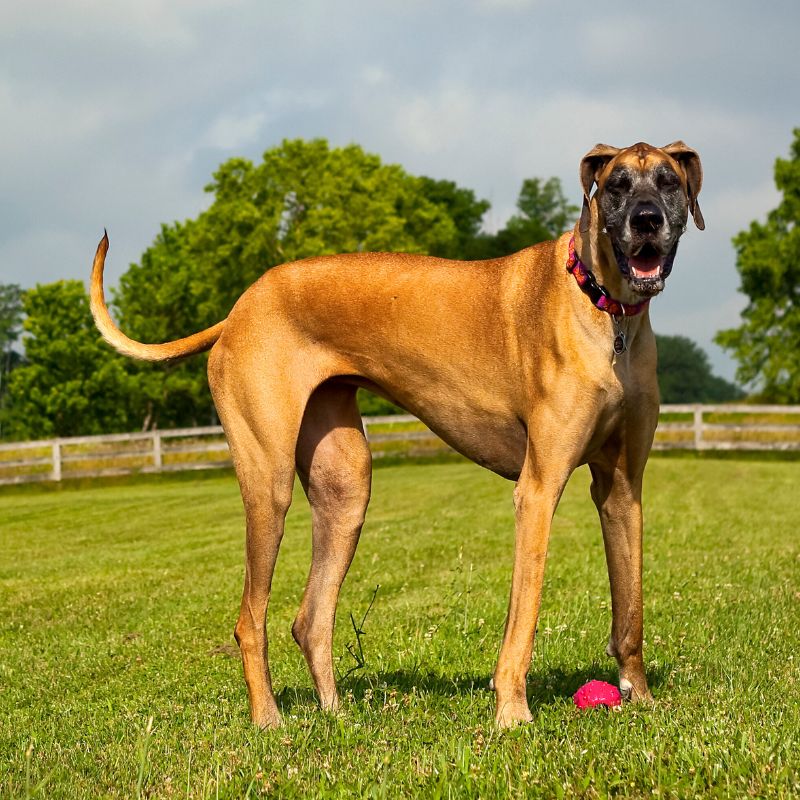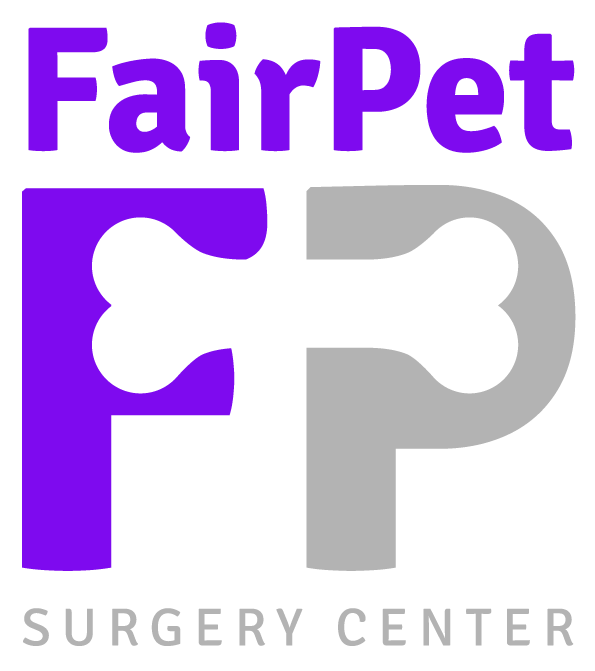Pet Subtotal Colectomy in Braselton, GA
Your pet’s colon plays a key role in their digestive health—but when it stops functioning properly, it can lead to serious discomfort and long-term issues. Subtotal colectomy is a surgical solution for conditions like chronic constipation and megacolon, especially in cats. At FairPet Surgery Center in Braselton, GA, we offer this advanced procedure to help restore your pet’s comfort, health, and quality of life when medical treatments are no longer enough.
What is Subtotal Colectomy?
Subtotal colectomy involves removing a significant portion of the colon—typically 95–98%—to restore normal function and relieve ongoing constipation. It’s most commonly performed in cats suffering from idiopathic megacolon, a condition where the colon becomes stretched, weak, and unable to contract properly. The remaining section of the intestine is then carefully reconnected to allow for normal waste elimination.

When is the Surgery Recommended?
This procedure is typically recommended when medical management—such as laxatives, dietary changes, and enemas—fails to provide lasting relief. Common reasons for subtotal colectomy include:
- Idiopathic megacolon (especially in cats)
- Recurrent or severe constipation
- Colonic trauma or strictures
- Colonic tumors or masses
- Obstructions that cannot be managed medically
What to Expect
At FairPet Surgery Center, your pet’s comfort and safety are our top priorities. Before surgery, we’ll perform a thorough evaluation including imaging and bloodwork. During the procedure, your pet is placed under general anesthesia, and the affected portion of the colon is removed. The remaining intestine is then reconnected using meticulous surgical techniques to minimize complications.
Subtotal Colectomy
Add-On Procedures
(Over 90 lbs)
(Includes sedation, Xrays, and interpretation.)
cefpodoxime or enrofloxacin (only if recommended)
carprofen or onsior (only if recommended)
If recommended.
If recommended
Veterinary Services
Pet Stomach
This is a routine prophylactic procedure to tack the stomach to the abdominal body wall. This is done to prevent flipping and twisting of the stomach, which can lead to life-threatening gastric dilatation and volvulus (GDV). GDV is a common cause of death in large breed dogs (usually giant breed, deep-chested dogs, i.e. Great Danes, Mastiffs, Great Pyrenes, German Shepherds, Afghan hounds). This is often done alongside a neuter or a spay.
GDV surgery is an emergency procedure that must be performed within 1-4 hours of a GDV taking place. It involves surgical abdominal exploration, decompressing and deflating a severely air-distended and twisted stomach, followed by gastropexy (taking the stomach to the abdominal wall).
Add-On Procedures
(Over 90 lbs)
(Includes sedation, Xrays, and interpretation.)
cefpodoxime or enrofloxacin (only if recommended)
carprofen or onsior (only if recommended)
If recommended.
If recommended
